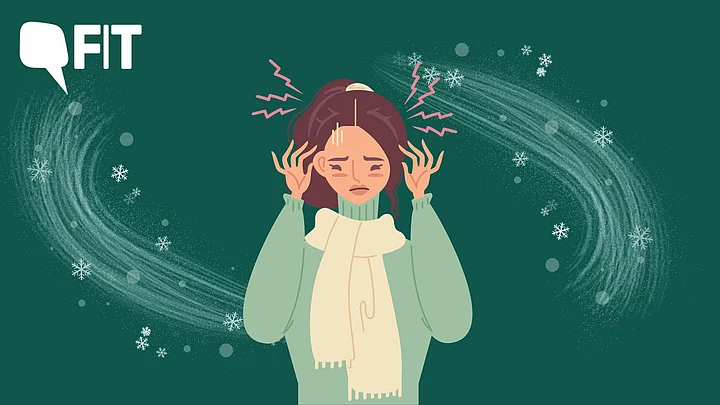Migraine is a common health condition that affects more than 37 million people in the United States and up to 148 million people worldwide. There is evidence that more and more people are suffering from migraine globally.
According to the World Health Organisation (WHO), women suffer from migraine more than men do and the number is actually double.
The main symptom of migraine includes moderate to severe headache and around 85% of people experience throbbing pain. Around 60% of people experience one-sided pain and about 80% of people experience nausea and 30% of migraine sufferers experience vomiting. But almost everyone with migraine has increased sensitivity to light and sound.
There are various steps that can be taken to improve sleep and reduce the risk of migraines. One important factor is to establish a regular sleep-wake schedule and to avoid disrupting your sleep patterns as much as possible.
It's also important to create a relaxing bedtime routine that can help you fall asleep. This might include listening to music, reading a book, or taking a warm bath.
It's also important to avoid foods and drinks that can trigger migraines. This includes certain foods such as aged cheese, chocolate, caffeine, and alcohol.
It's also important to exercise regularly and to maintain a healthy weight. Exercise can release endorphins, which are hormones that have mood-boosting effects.
Finally, it's important to manage stress levels. Stress is a known trigger for migraines. It's important to find healthy ways to cope with stress, such as yoga, meditation, or spending time with friends and family.
(Disclaimer: Parts of this article were generated by AI and published after the content was editorially modified and verified by a human based on their own judgement and expertise. The Quint does not publish AI-generated content without direct human involvement and oversight).
(At The Quint, we question everything. Play an active role in shaping our journalism by becoming a member today.)
